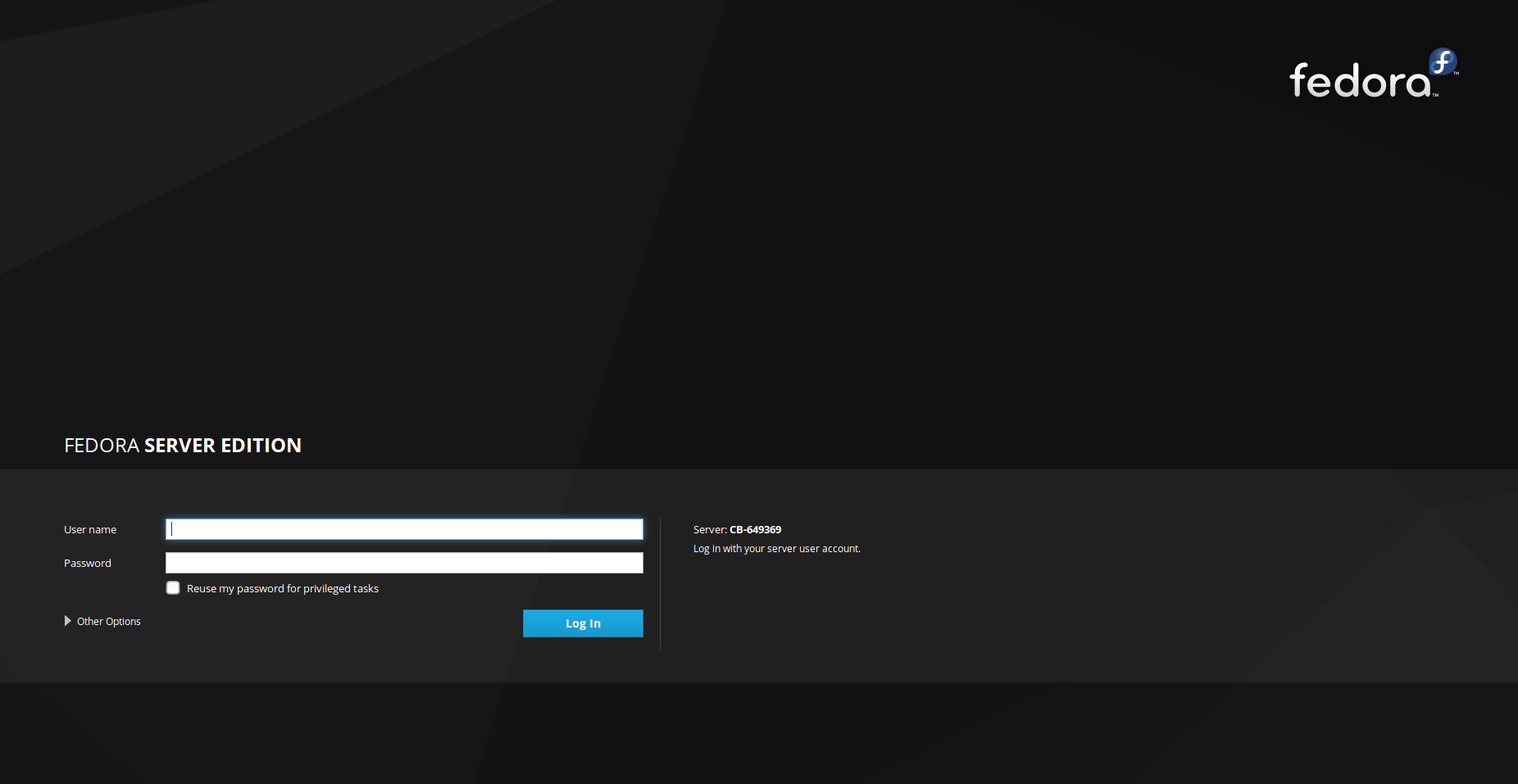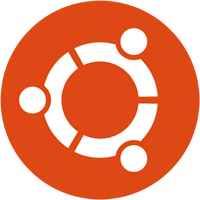Debian 10 “buster” released

The new Debian version 10, code named “buster”, has been announced on Saturday, 6th of July. The new release includes plenty of improvements and a lots of package upgrades like:
Read More
The new Debian version 10, code named “buster”, has been announced on Saturday, 6th of July. The new release includes plenty of improvements and a lots of package upgrades like:
Read MoreWe have experienced a major networking disruption. It appears the issue has affected connectivity to some client servers. More detailed information will be provided soon.

May 25, 2019 [UTC] 00:13:15
Status update: Maintenance succesfully completed.
A planned maintenance procedure has been scheduled for:
Read More
We have experienced a major routing disruption. It appears the issue has affect Internet access to all of our services for a short. More detailed information will be provided soon.
[UTC] 2019-05-21 02:07:01 – Routing disruption reported on all available Internet uplinks.
[UTC] 2019-05-21 02:09:30 – Full recovery.
Read More
The new Fedora 30 has been released on April 29th. It includes plenty of updates among which GCC 9, Bash 5.0, and PHP 7.3 and more.
You can go through the full change set at: https://fedoraproject.org/wiki/Releases/30/ChangeSet
The new image is already available on CloudBalkan.

Disco Dingo is the name of the new major release. What we know so far is that the new version uses the Linux 5.0 Kernel. It also upgrades its toolchain to introduce new versions like libc 2.29, OpenJDK 11, boost 1.67, rustc 1.31, and updated GCC 8.3, optional GCC 9, Python 3.7.3 as default, ruby 2.5.5, php 7.2.15, perl 5.28.1, golang 1.10.4. QEMU is now updated to version 3.1. And a few other changes are enlisted in the full release notes. Read More


Swap or the virtual memory paging mechanism in Linux is an important feature of the operating system. It is crucial for the proper operation of the system, although sometimes it leads to performance decrease. Swapping typically occurs when the physical memory (RAM) of a machine is not enough for all the running processes. When that happens, the operating system takes down some chunks of the RAM (pages) and temporarily writes them on the hard disk to free up some memory. Of course this where the performance cost comes, as the hard disk or even solid state drive is many time slower than the RAM. Besides it’s performance cost, swapping is still a very important process. It allows the operating system to continue it’s normal operation. Read More

The new major version of the Linux Kernel has just been released. Although it is a change in the major version, in Linux Kernels world that doesn’t necessarily mean huge changes. In this case the new version is just more improvements, bug fixes and patches applied. As Linus Torvalds pointed out in the release notes the Linux Kernel doesn’t do features based releases, and 5.0 is more of a version naming change, instead of going into 4.x with larger numbers. A large amount of those fixes are focused on hardware drivers improvements and features.
Linux Kernel 5.0 is officially released.

We’ll be performing a planned maintenance on a core part of our network.We are changing several configurations concerning the Layer 2 physical networking.
This might cause several short interruptions during the 1 hour maintenance window on Sat, March 02, 2019 – 9:00 – 10:00 UTC.
If you experience any service disruption outside the maintenance window, please report it through our support channels.